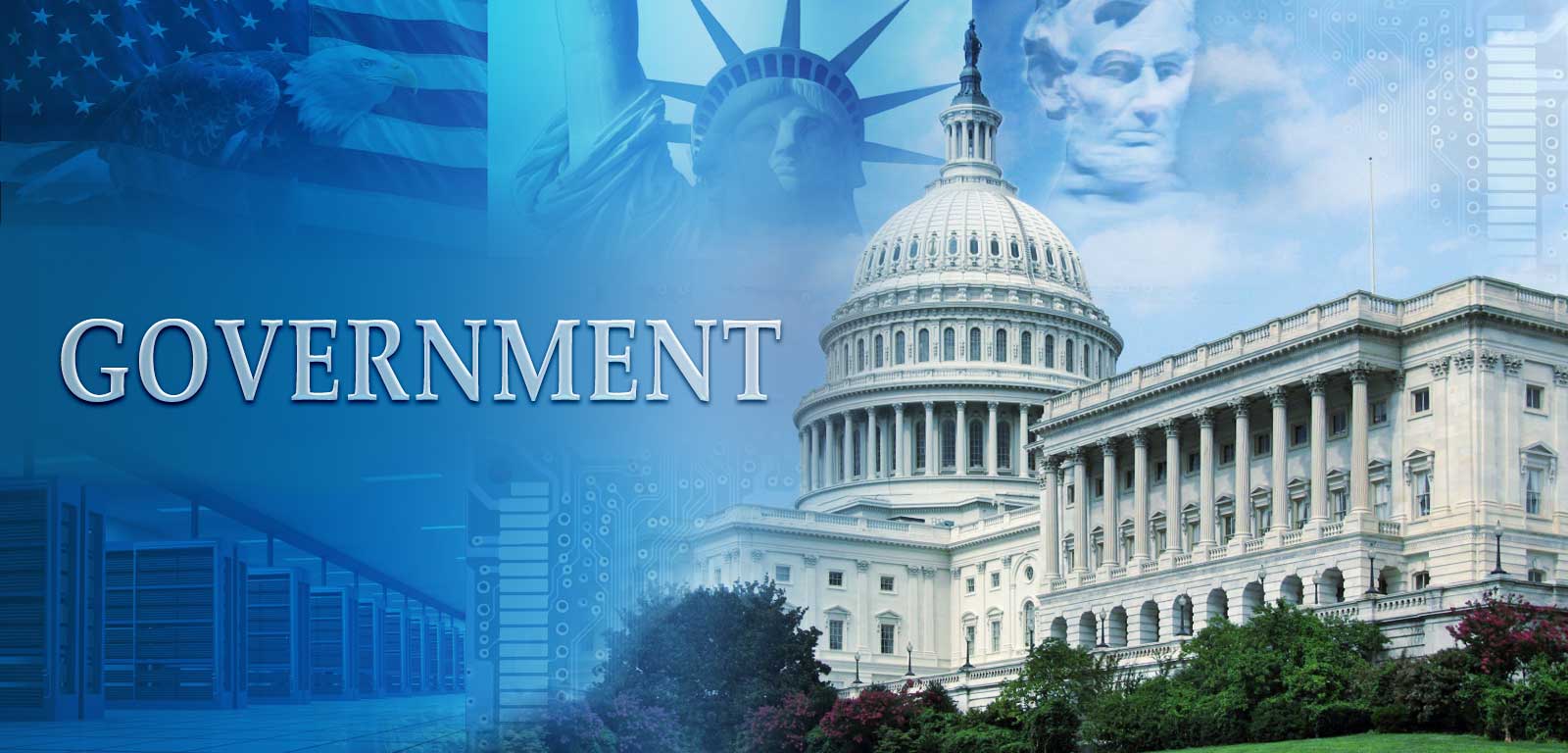
When we hear the word government, most people think solely of civil government— like Washington D.C. or the State Capitol. That’s a problematic and very limited view. Our founding fathers recognized several other legitimate governments, each with their own specific role and realm of authority. Such a list includes: self, family, and church governments, as well as the local, state, and national governments that we so frequently think of.
Most don’t recognize the importance of self, family, or church governments and foolishly relinquish our rights and our freedoms, our responsibilities and control, to a very hungry civil government. With head bowed and eyes closed, foolishly sacrificing these precious gifts from our Creator at the altar of government and convenience, we haven’t noticed its expansion, breaking free from the Constitutional chains with which our founding fathers wisely restrained it.
“What is our civil government?” is an important question to always keep before us; during times of crises that is all the more true, as government may decide to flex its muscles or overstep its bounds for “the good of the people.” So, for the American people, what is our civil government?
For starters, let me state unequivocally what the government is not. It is NOT our savior. It’s not simply that governing body which occupies our state’s or nation’s capitol either. We are civilly governed, first and foremost, by a prestigious and Biblically-based document called The Constitution of the United States of America. Much ink and much blood have been spilt in bringing, preserving, and defending this governing document to the American people. Although under constant attack by enemies, it is still our governing document today.
Our Founders held it in high regard: Thomas Jefferson: “Whensoever the General Government assumes undelegated powers, its acts are unauthoritative, void, and of no force.” John Jay, first Chief Justice of the U.S. Supreme Court, explains the tie between the Constitution and our liberty. “Every member of the state ought diligently to read and to study the Constitution of his country and teach the rising generation to be free. By knowing their rights they will sooner perceive when they’re violated and be the better prepared to defend and assert them.”
The only way to limit federal government is to put responsibility and reward back into the correct realm of those aforementioned legitimate governments and to limit civil government to its enumerated powers.
We the People need to be attentive and discerning. As we’ve allowed our governing bodies to step outside the bounds of the Constitution, we’ve seen our freedoms erode. Sometimes giving up liberty for the sake of perceived safety; other times trading it for perceived financial gain; every time one of these cost of freedom transactions are made, we must realize that it is near impossible to regain those liberties, creating an ever-growing Frankenstein’s monster that we and our posterity are forced to live with or be enslaved to.
Liberty Counsel’s Mat Staver aptly warns: “What we do or allow today in the name of a crisis sets a precedent for the future. I am not referring to the declaration of a national emergency which allows the government to cut through the bureaucracy. President Trump’s press conference Friday (3/13) flanked by experts and leaders of private industry was very good. What I am talking about is the restrictions on civil and religious freedom. … And here in the US, government leaders are restricting gatherings of 100 or 250 or more. There is no empirical evidence for these numbers. … I have not the slightest bit of fear over this virus. I am very concerned, however, at the reaction of people and government leaders to it. We must be very careful not to set precedent today that we regret tomorrow.”
In each situation we face, we need this balanced three-fold view: immediate concern, importance of long-term liberty, and eternity (God’s Word, sovereignty, and glory).
To support our efforts, please click here or mail your gift to American Decency Association (ADA), PO Box 202, Fremont, MI 49412
American Decency Association is a member of the Evangelical Council for Financial Accountability.

Call us:
231-924-4050Email us:
info@americandecency.orgWrite us:
American Decency AssociationCopyright 2024 American Decency